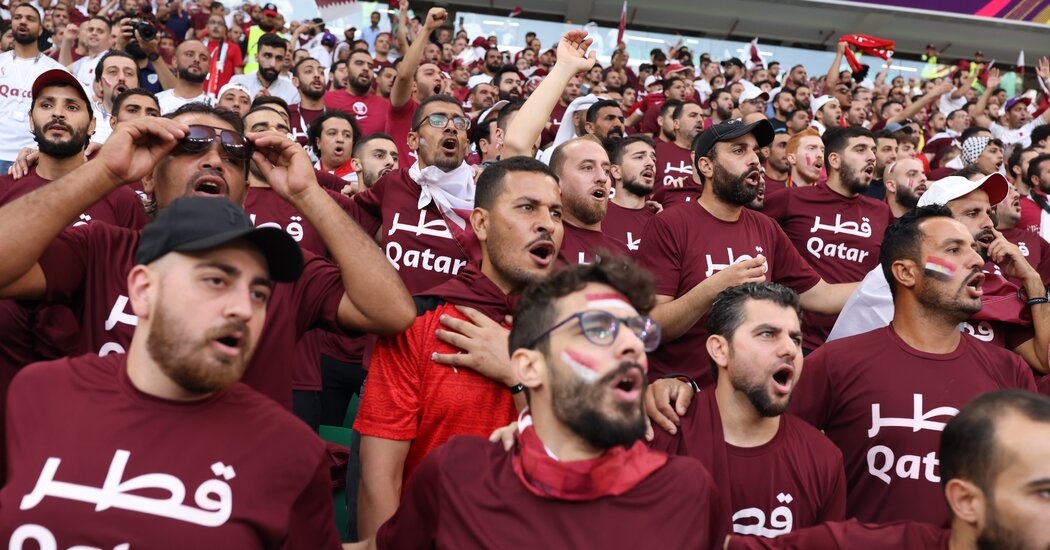The answer was to tap into the region’s already fertile ultras culture and import it.
But that same culture is an unlikely fit with the commercialized reality of Qatar’s World Cup. The code of ultra culture is antagonistic and deeply anti-authority, and in constant conflict with the police and the news media. In the Middle East and North Africa, ultras have been politically influential, too: Egyptian ultras played a key role in the 2011 Arab Spring that toppled Hosni Mubarak as president, and such was their street power and popularity that ultras were barred by one of his successors, Abdel Fattah el-Sisi, after he came to power in a coup.
A Brief Guide to the 2022 World Cup
What is the World Cup? The quadrennial event pits the best national soccer teams against each other for the title of world champion. Here’s a primer to the 2022 men’s tournament:
The songs crafted on the bleachers in Tunisia, Algeria, Morocco and Lebanon have been the soundtracks to antigovernment protests, too. But inside stadiums, they can fill even the most sterile spaces with passion, color and sound.
So, in April, a test event was arranged in Beirut, the capital of Lebanon. Hundreds of Lebanese students and fans of a local club, Nejmeh, were recruited to make a proof-of-concept film at Camille Chamoun Sports City Stadium by recreating the atmosphere an ultra group can provide. The video shows hundreds of fans chanting, displaying banners and letting off pyrotechnics.
A capo, the term used for a fan who leads the chants, had been flown in from the main ultra group of the Turkish club Galatasaray to give direction. Galatasaray, too, had been identified on purpose. It has one of the most respected ultra scenes in the world. But the Lebanese said they needed no guidance.
“No! We showed them!” one Lebanese ultra said Friday. He declined to give his full name, a common practice in the ultra scene, and bristled at the idea he had to be taught how to organize a group of hard-core fans. The Turkish ultras, he said, “were going to come to Qatar, but they were surprised by us; we have been doing this for a long time.”
The video impressed the right people in Doha. Through word of mouth, young Lebanese fans were offered an extraordinary deal: free flights, accommodations, match tickets and food, plus a small stipend, to bring some ultra culture to Qatar’s World Cup games. The fans arrived in mid-October to rehearse their choreographed actions and to practice their newly written chants.
Sumber: www.nytimes.com
